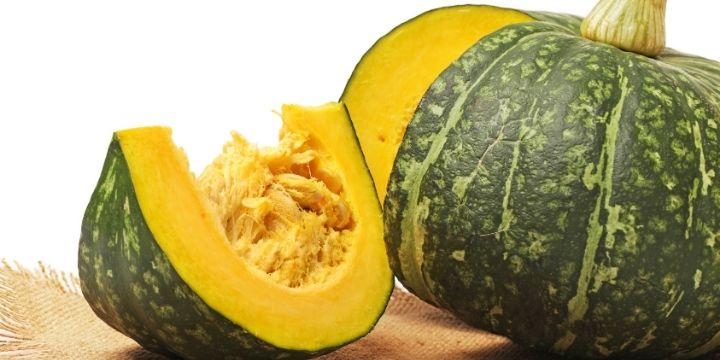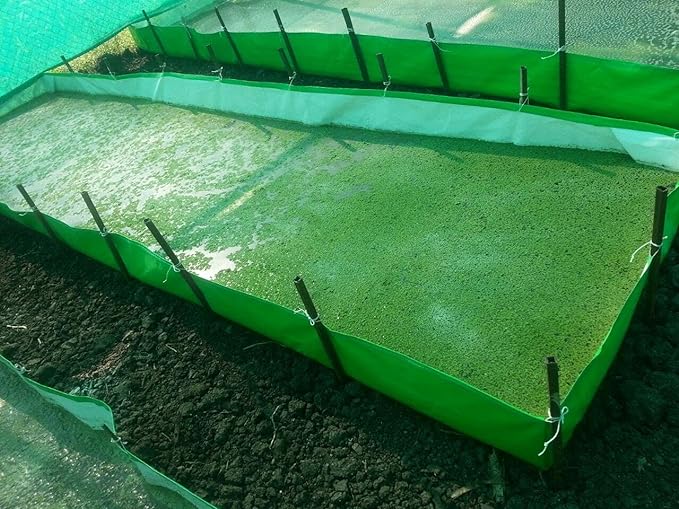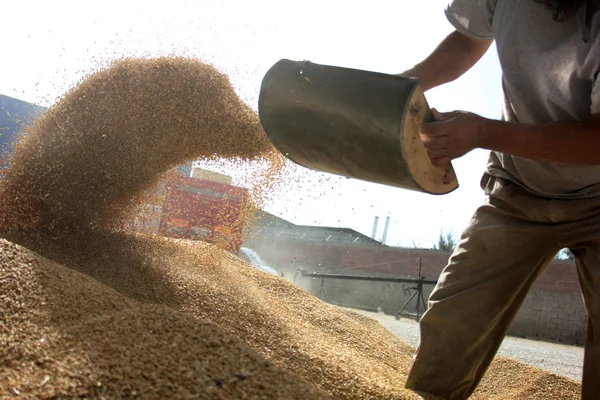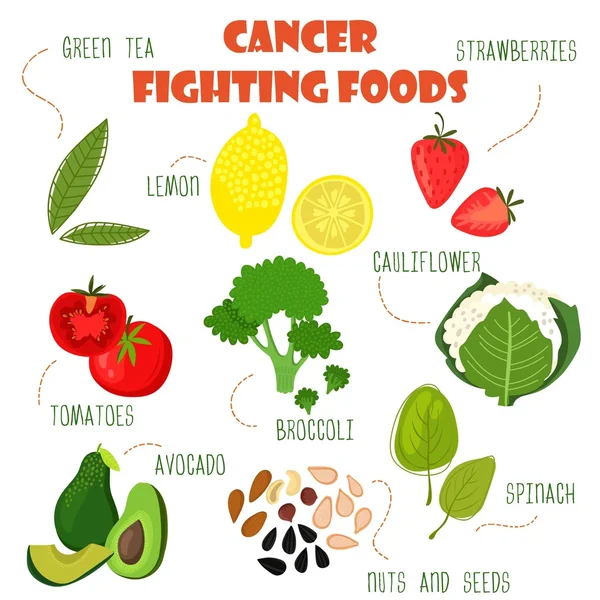Pumpkins are a nutritious and healthy meal. Its fruits are mature for harvest in 75 to 120 days after seed germination. We give the best pumpkin varieties for cooking and easy to grow in the following list. It shows the maturity time, yield potential (weight, fruit diameter) and other features like best use, tolerance and store.
Other types of pumpkins like the jumbo varieties such as the prize winner, mammoth gold, big max and big moon are not listed. These can grow to over 100 pounds and are best for exhibition and not kitchen gardening
Best conditions to grow big pumpkins
Pumpkins are a native crop in the North America. They can grow as an annual vine vegetable in hardness zones 2-11. Observe a good planting space of 4-8 feet apart. if you are growing pumpkins in small spaces like your kitchen garden provide trellis or growing nets where the vines can sprawl or spread upwards. If you want to grow pumpkins successfully and get bigger pumpkin fruits then you need to consider the following weather and soil conditions:
- Full sunlight exposure
- Soils that are rich, moist and of the loam type.
- Warm soil temperatures of 65-95 ºF and above
- Pumpkin thrives in slightly acidic soils with a pH value of 6.0-6.8
- Use abundance of well rotten manure (12-15 inches) or good layer of mixed soil and compost (2-4) inches of compost.
- Pumpkin crops are a heavy feeder. Top dress using a nitrogen fertilizer every two weeks in the early plant growth stages. Start applying a phosphorous fertilizer just before the blooming period for large fruits
- Consider supplementing pumpkin plants with 1-2 inches of water each week during the blooming and fruiting season. To conserve water, use either drip irrigation or ground level soaking.
Chart of the best pumpkins varieties for small spaces
Are you wondering which are the best pumpkin types or varieties for a small garden? The list below has the small and medium pumpkin types you can grow in small spaces, backyard garden or a container farm. They are
| Pumpkin variety | Fruit Weight (pounds) | Maturity period (days) | Best qualities |
|---|---|---|---|
| Baby Bear | 1.5 to 2 | 105 | Great for kitchen gardening Tolerant to blight and frost Excellent for making pies. Grows to a diameter of 5 to 6 inches and 3.5 to 4 inches tall |
| Baby Pam (oz) | 5 | 100 | Smooth skin Vigorous vines growth Heavy yields The fruits have a diameter of 5.5 inches |
| Small sugar (New England pie) | 5-8 | 100-105 | Good for baking and canning. Excellent flavour and taste It is a local variety with open-pollinated seeds |
| Winter luxury | 7-8 | 85-100 | Juicy and tender Good for storage and use in the winter season. The fruits grow to 9-10 inches in diameter and 6 to 7 inches. |
| Autumn Gold | 10-15 | 100 | Has the precious yellow gene. Flesh for making pies. Has a meaty texture a deep-orange look |
| Bushkin | 8-10 | 95 | Good for making pies, seed snacks and carvings. Good for large containers and small home gardens It is an open-pollinated variety |
| Jack O’lantern | 10-18 | 75-115 | Good for carving, cooking and storage. Its sweet has a pale orange colour. The fruits grow 9 to 10 inches in diameter and 7 to inches in depth. |
| Spirit | 15 | 95 | Best for making thick, meaty pies and custards. It’s a hybrid seed variety. The spirit pumpkin can grow to 12 inches in diameter. |
| Big Tom | 20-25 | 120 | It is sweet with a yellow, orange colour. Can grow to 10 inches in diameter |
| Connecticut field | 15-25 | 100-120 | Best for canning Open-pollinated and native to the USA. The fruits grow 10 to 18 inches in diameter and 12 to 15 inches tall. |
| Ghost Rider | 15-30 | 110-115 | Good for processing and carving |
| Happy Jack | 16-22 | 105-110 | Best for baking and processing |
| Howden Field | 20-25 | 105-115 | Good for storage It is open-pollinated. Large spreading vines |
| Pankow’s field | 20-30 | 100-120 | Excellent for making jack-o’-lanterns and carvings. |




Great piece